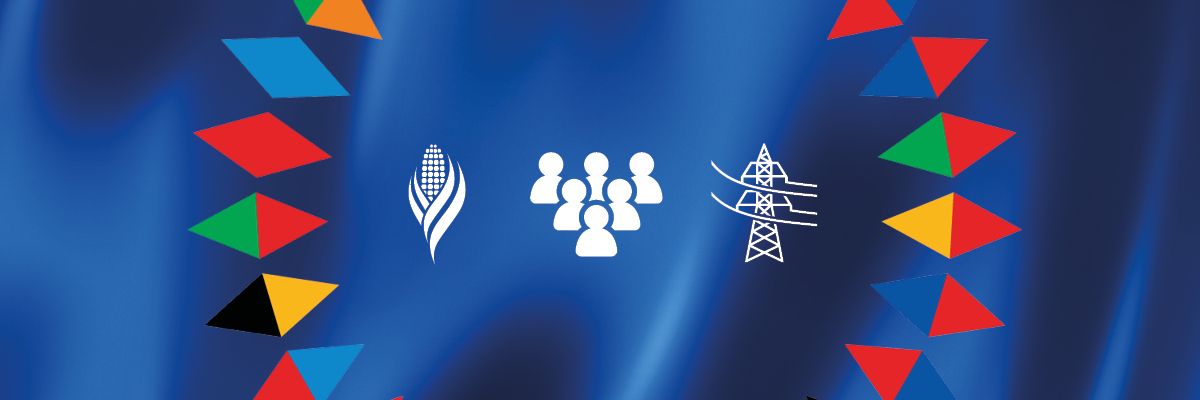
Dennis Eriksson
 Dennis Eriksson is Professor of plant functional genetics at the INN University in Norway and Associate Professor at the Swedish University of Agricultural Sciences in Sweden. He is currently developing gene editing as a research tool for virus resistance in the potato and high-latitude adaptation (long daylength, early maturity) in the sweet potato. He is the Coordinator of the recent Horizon Europe project GeneBEcon, which will look at risk and benefit aspects of gene editing in the potato and microalgae as well as develop a toolbox for editing in these organisms which will be used for R&I to deliver products for zero-pollution and sustainable primary production and industrial processing.
Dennis Eriksson is Professor of plant functional genetics at the INN University in Norway and Associate Professor at the Swedish University of Agricultural Sciences in Sweden. He is currently developing gene editing as a research tool for virus resistance in the potato and high-latitude adaptation (long daylength, early maturity) in the sweet potato. He is the Coordinator of the recent Horizon Europe project GeneBEcon, which will look at risk and benefit aspects of gene editing in the potato and microalgae as well as develop a toolbox for editing in these organisms which will be used for R&I to deliver products for zero-pollution and sustainable primary production and industrial processing.
GeneBEcon: Capturing the potential of gene editing for a sustainable bioeconomy
Abstract
The new multidisciplinary Horizon Europe project GeneBEcon, led by SLU, will capture the potential of gene editing in potato and microalgae while exploring various aspects of how the technology is embedded in society.
New Genomic Techniques (NGTs) represent a toolbox that can facilitate the development of energy-efficient, low-input and zero-pollution agricultural production and industrial processing of raw materials, contributing to a circular bioeconomy. However, this innovation potential can only be fully exploited if technological, economic, social, and regulatory drivers work together and are accompanied by efforts to increase the understanding and awareness of benefits and risks with NGTs through engagement with stakeholders in a societal dialogue. A current problem facing the innovation with NGTs in Europe is that regulatory uncertainty reduces investment at several levels, including research, innovation, product development and scaling up of production processes. Also, NGTs are a challenge for the procedures for screening and monitoring along the value chains, and the economic and social impacts (incl potential benefits) are not fully assessed. The consequence is that NGTs do not reach their full potential in Europe.
GeneBEcon is a multidisciplinary and multisectoral Horizon Europe project with 18 partners from 11 countries, funded in 2022-2025, which will advance the potential of NGTs for biobased products by applying and further developing these techniques to improve potato, representing an agricultural crop production system, and microalgae, representing a contained production system with microorganisms. The employment of NGTs in these two production systems will be used as case studies to evaluate the benefits and risks of NGT-derived products and their consequences for human health and the environment across the research and innovation (R&I) and value chain, from laboratory to the field and over to industrial processing of biobased feedstock. We will also assess regulatory options for their respective economic impact, and survey public and stakeholder perceptions to NGT products. The results will enable technical innovations and equip stakeholders (including researchers, breeders, primary producers, value chain actors, risk assessors, decision makers and consumers) with the holistic understanding that is needed to take informed decisions on a safe and responsible use of NGT-derived products that will benefit a sustainable circular bioeconomy.